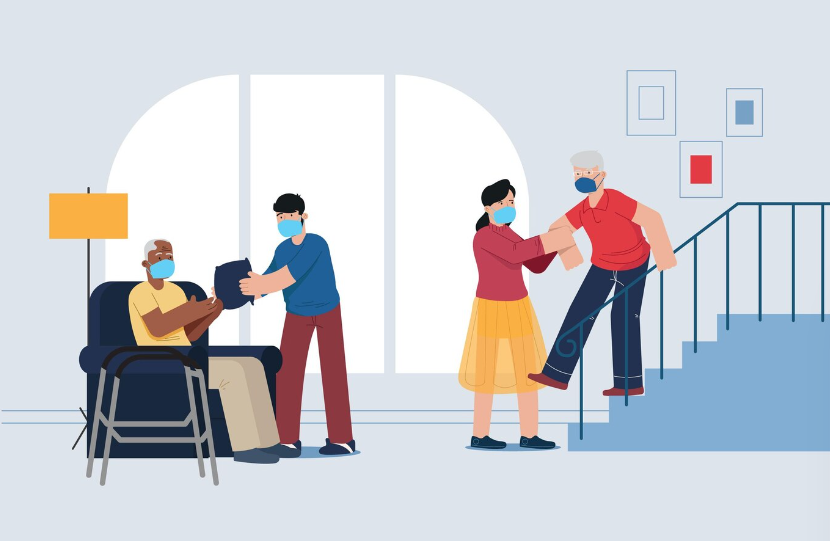
Coping Strategies and Support for Bell’s Palsy Patients
Introduction: Dealing with Bell’s Palsy, a condition causing temporary facial paralysis, can be challenging both physically and emotionally. However, there are coping strategies and support systems available to help patients navigate through this difficult time.
Understanding the Emotional Impact: Bell’s Palsy can affect not only physical appearance but also self-esteem and emotional well-being. Many patients may experience feelings of anxiety, frustration, or embarrassment due to changes in facial expression and difficulty with everyday activities like eating or speaking.
Coping Strategies for Bell’s Palsy:
- Stay Informed: Educate yourself about Bell’s Palsy, including its causes, symptoms, and treatment options. Understanding the condition can help alleviate anxiety and empower you to take an active role in your recovery.
buy valtrex online https://www.northwestmed.net/wp-content/uploads/2024/08/jpg/valtrex.html no prescription pharmacy
- Seek Support: Don’t hesitate to reach out to friends, family members, or support groups for emotional support and encouragement. Talking to others who have experienced Bell’s Palsy can provide reassurance and practical advice.
- Practice Self-Care: Take care of yourself both physically and emotionally. Engage in activities that bring you joy and relaxation, such as hobbies, exercise, or spending time with loved ones.
- Set Realistic Goals: Focus on achievable goals and milestones in your recovery journey. Celebrate small victories along the way and be patient with yourself as you progress.
buy glucophage online https://www.northwestmed.net/wp-content/uploads/2024/08/jpg/glucophage.html no prescription pharmacy
- Stay Positive: Maintain a positive outlook and remind yourself that Bell’s Palsy is usually temporary. Visualize your face returning to normal function and focus on the progress you’re making.
Seeking Professional Help: If feelings of sadness, anxiety, or hopelessness persist, don’t hesitate to seek professional help. A mental health counselor or therapist can provide support, coping strategies, and resources to help you navigate through difficult emotions.
Support for Bell’s Palsy Patients: In addition to personal coping strategies, there are support resources available for Bell’s Palsy patients:
- Support Groups: Joining a support group, either in person or online, can connect you with others who understand what you’re going through and provide valuable emotional support and camaraderie.
- Patient Advocacy Organizations: Organizations like the Bell’s Palsy Foundation or the Facial Paralysis and Bell’s Palsy Foundation offer educational resources, support networks, and advocacy efforts for individuals affected by Bell’s Palsy.
Conclusion: Coping with Bell’s Palsy can be challenging, but with the right strategies and support systems in place, patients can navigate through this difficult time more confidently. By staying informed, seeking support, practicing self-care, and seeking professional help when needed, individuals with Bell’s Palsy can cope more effectively and focus on their journey to recovery.
To seek medical advice, always consult a Doctor. Here are our recommended experts. Click Here
To read more on Bell’s Palsy. Click Here


